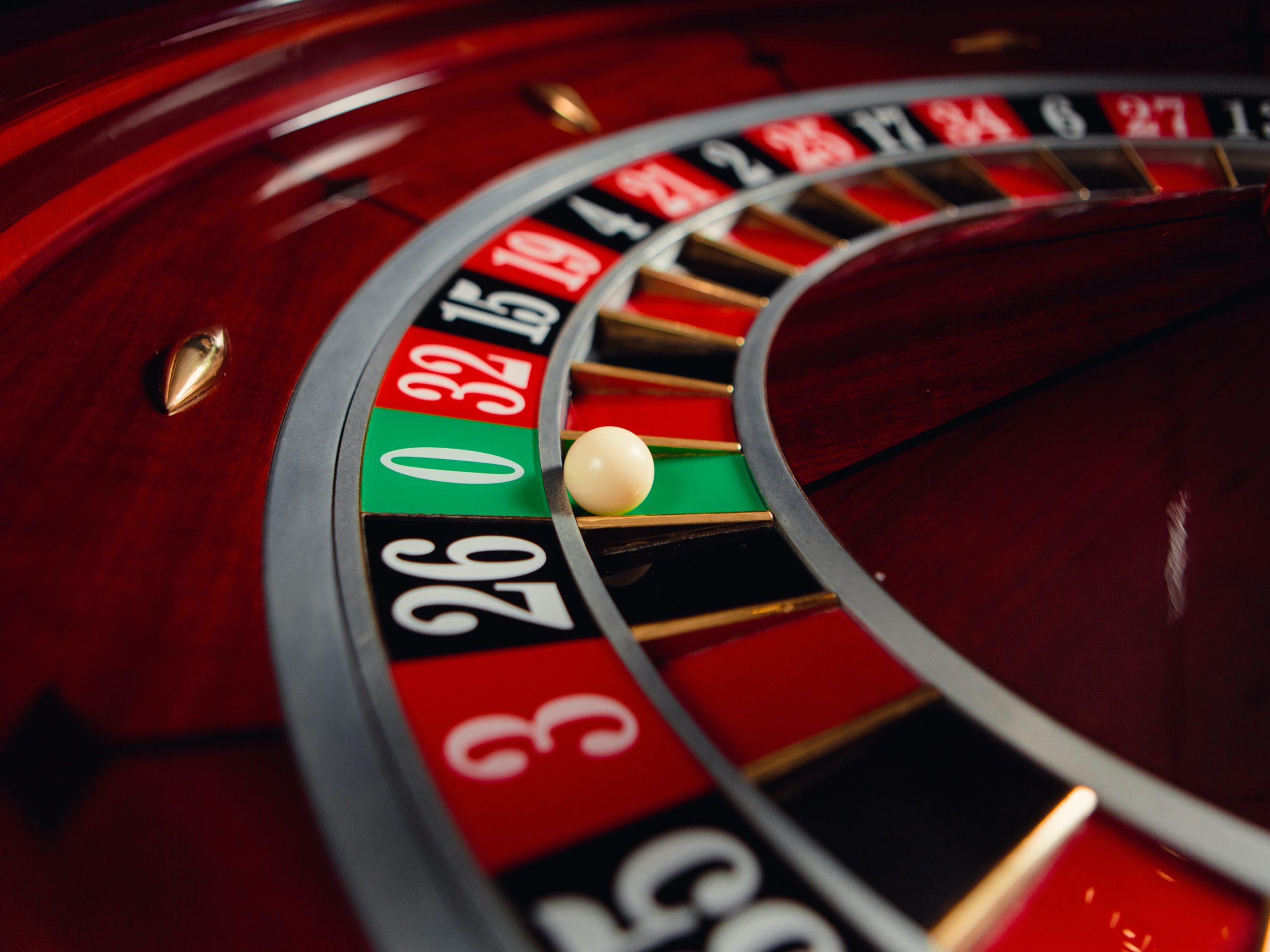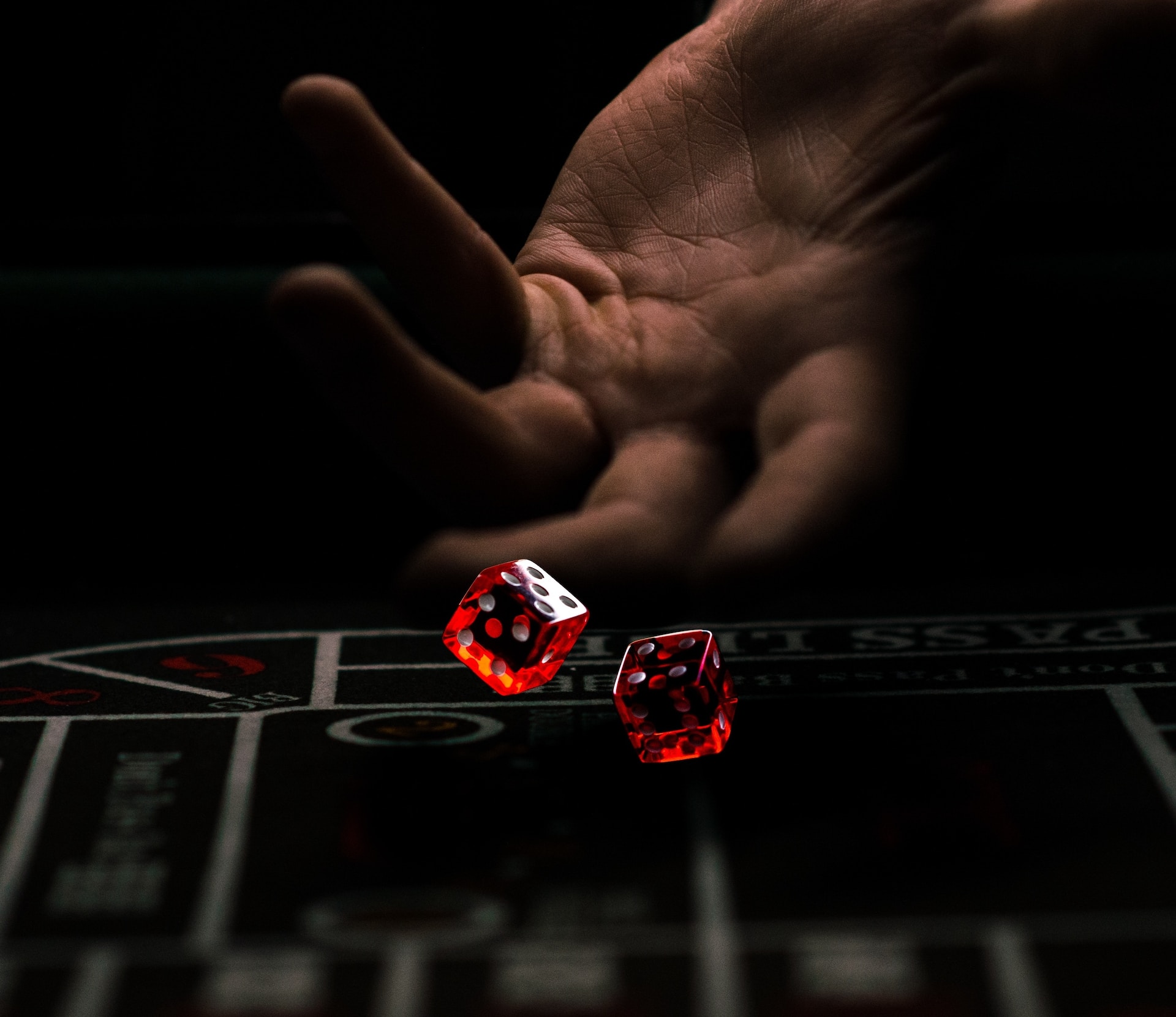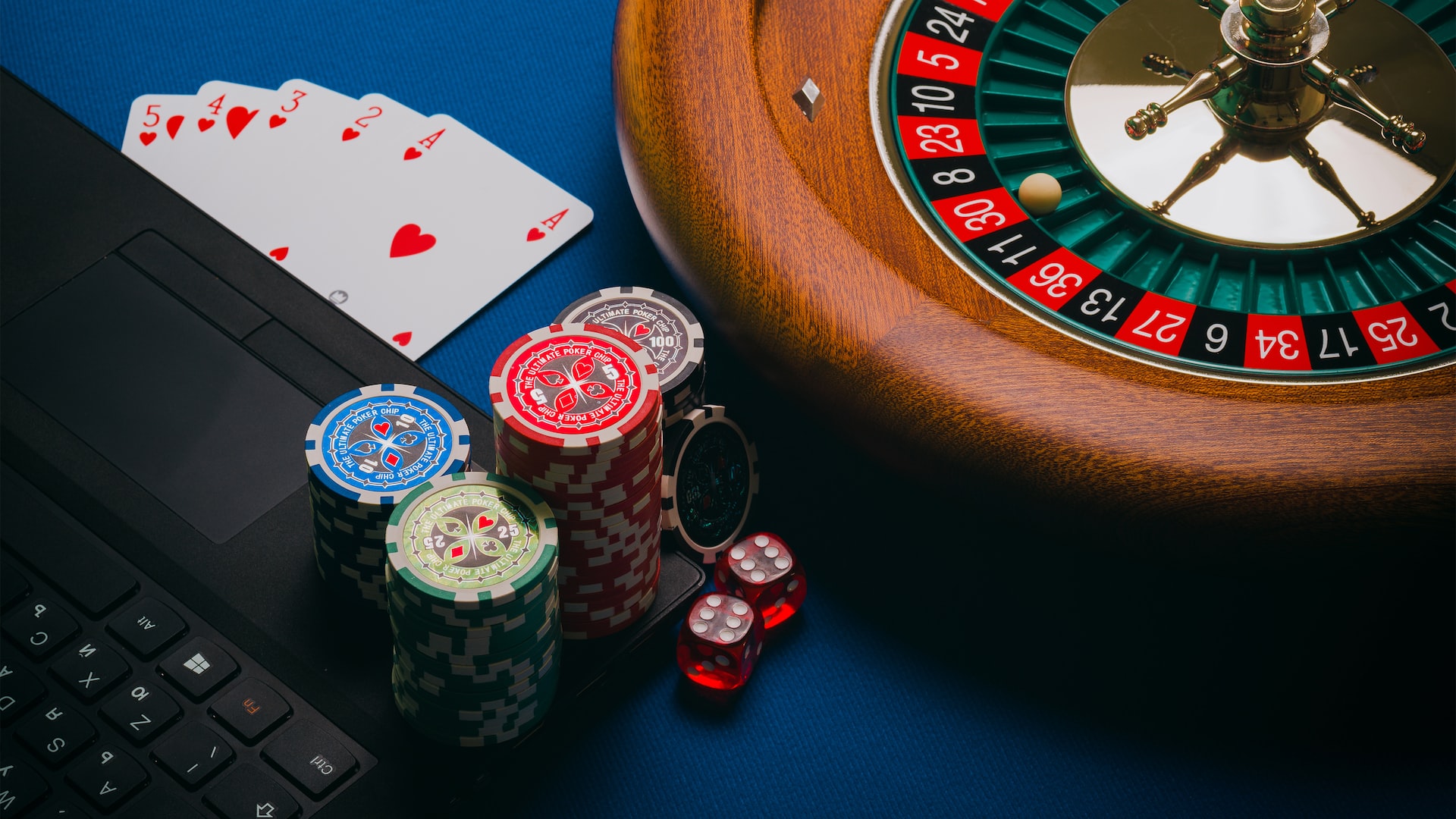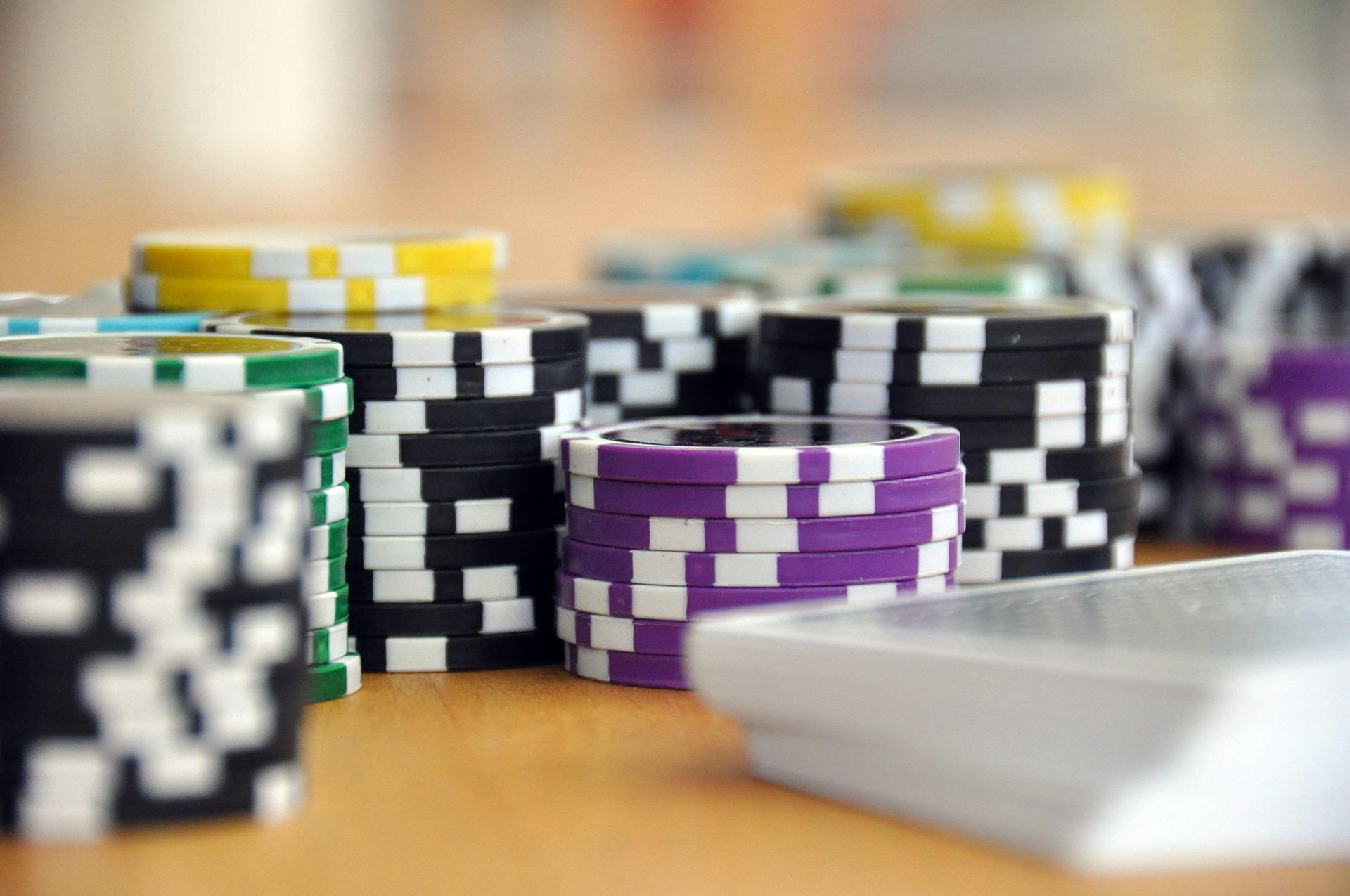Casinos all over the globe will have gaming tables spread across their floor in a bid to attract gamblers. The roulette table is one of the most distinguishable and recognizable games anywhere.
Whilst other machines, like slot machines, may make more noise and have flashing lights that attract customers. Games like blackjack and poker attract card game enthusiasts.
As you can confirm if you check this site, roulette provides quickfire excitement many people don’t get from other casino games.
Today we’ll dive into the specifics of roulette and find out just how the mechanics of it work, as well as a brief history.
Origins of the game
While two widely recognized versions of roulette exist, the game originated in Europe in the 18th Century. The French mathematician Blaise Pascal is credited with creating the game after developing an idea based on the game Biribi, which was popular in Italy and France. The early version, much like the creation of any game, was relatively primitive.
However, upon further revisions, it developed from a wheel with 28 numbers to a wheel with 37 numbers (including one zero). The American version has a double zero, which increases the odds slightly. The game is played the same way as the European version, which contains the singular zero on the wheel.
The game today has a host of denominations. You can bet on the following:
- Vertical rows that stretch down the table (2/1 odds)
- Red or black – (You have a 48.6% chance of hitting either color; it is not 50% due to the inclusion of the zero, these odds decrease to 47.4% in American roulette with the double zero).
- 1st, 2nd or 3rd 12. You can bet on groups of dozens. Much like vertical rows, it returns odds of 2/1.
- 1-18 or 19-36, you can bet in groups of halves and split it down the table. This returns the same odds as red or black due to the zero and double zero.
- Odds or evens – with the same betting odds as above.
- Individual numbers return a whopping 36/1 if that specific number is drawn.
So is roulette a game of skill or luck?
Much like any casino game, roulette is a game that is based on luck. There is no skill or strategy you can implement to increase your chances of winning. As discussed in the last section, portions of the board are more likely to come in. For example, you are far more likely to guess red or black than an individual number. Whilst the odds are better, that doesn’t mean using a strategy that only selects red or black will gather serious results. Theoretically, you could implement a strategy that only bets on red and black could come up 11 times in a row.
Whilst some people may say they have a strategy that works for roulette, the simple matter of fact is that they don’t. Anybody who says they do will lose their money at some point. You can apply strategy and skill to other games on the casino floor, but roulette doesn’t fall into this bracket.
Some people may bet on numbers that they consider good luck to them, such as birthdays and house numbers. However, the fact remains that the numbers are drawn randomly, and although you might have a few successful spins, the odds are always in favor of the house.
Other casino games
Whilst roulette is a game of luck, other casino games do involve an element of strategy and skill. This is the case for card games such as poker and blackjack. Although blackjack is a much more difficult game to make money from, there are people out there who are professional blackjack players.
Professional poker is an industry that generates millions of dollars in revenue for the top players and gambling companies across the globe. There is serious skill involved at the top level of the game. Whilst you do need some luck to be drawn a strong hand, which helps. Plenty of top players know how to navigate circumstances where they may not have a hand as strong as other players at the table.
Conclusion
As stated in the article, roulette is a game you should enjoy and not see as a form of income. You should only ever gamble with money you can afford to lose. If you find yourself losing enjoyment or chasing losses, stop immediately and speak to somebody.
Any player who claims to have a strategy that works and returns consistent profit on the roulette table simply isn’t operating in good faith. The game is based purely on mathematical probabilities, and although playing can be entertaining, there isn’t a scenario where skill is involved.
















